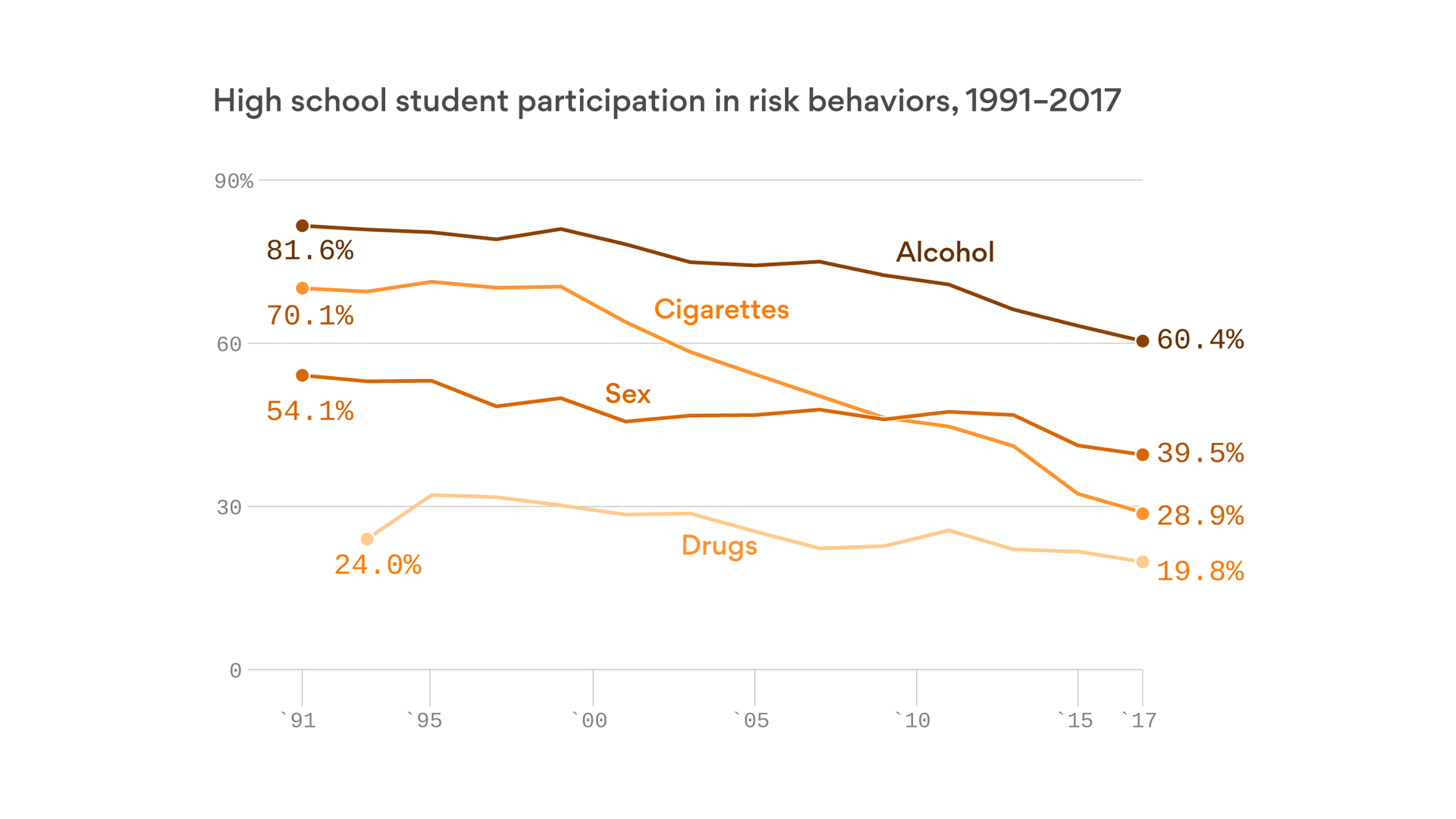Jonathan Haidt talks about how viewpoint diversity is important in academia because people's biases will cancel each other out, but I've never heard him describe what that looks like. So I have an idea using my false positive/negative lens and the ideas of Arnold Kling's Three Languages of Politics.
Social Justice activists, who view the world through the oppressor/oppressed lens, are overtaking higher education. Their claim is that marginalized groups have a unique lived experience and should be leading the discussion into the fight against oppression.
I complain a lot about social justice warriors, but here's the thing: They're right. People who don't view the world through that lens are prone to oppression false negatives, not seeing oppression taking place. Progressives' value is in bringing these instances of oppression to light. Think of it like putting on a pair of oppression sunglasses.
Here is where they are wrong: they conflate their unique view with truth. An insider lens allows you to see false negatives but you need an outside lens to see false positives, perceived oppression that doesn't hold up to scrutiny. Otherwise the purple dots will start looking blue. (In theory, if people could take their lens off, they would see truth. But I'm not sure that's possible unless you can completely wipe out your identity, in which case you would be a boring soulless Bran Stark.)
Conservatives (barbarism vs. civilization lens) and libertarians (coercion vs. liberty lens) have less emotional attachment to oppression and can more easily identify false positives. However, they are prone to their own false positives. (Are cops really being killed en mass, or perhaps are you just overreacting?)
We need our outgroups to show us what our sunglasses are filtering out and we need to tell them when they are seeing hallucinations.
But a system like this cannot work without mutual respect. We have to understand that none of us see truth, only what our sunglasses filters through.
We have to feel safe enough to challenge other ideas and vulnerable enough to accept when we are wrong. That is why timeless traits like integrity, charity, respect, and civility are more important than ideology.



